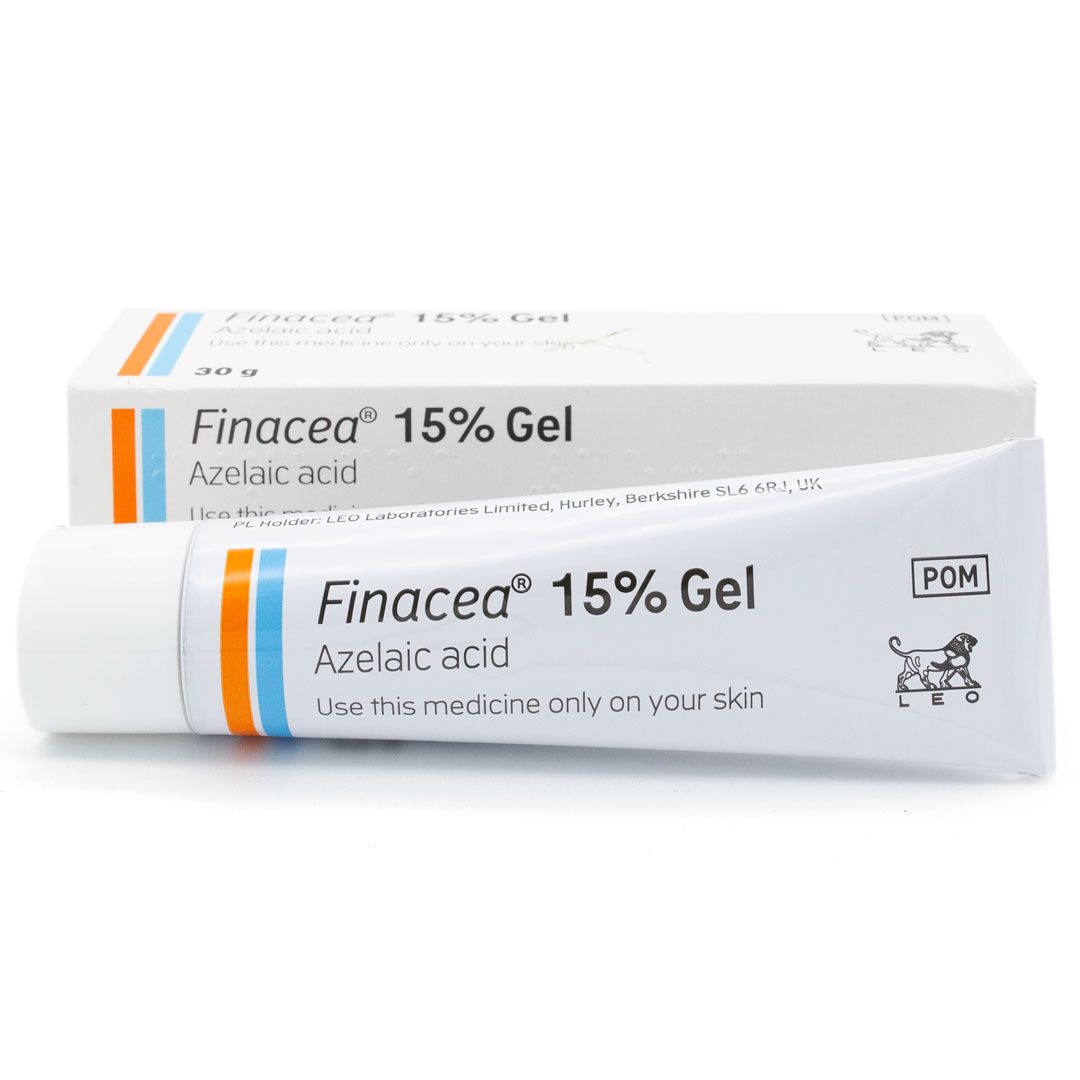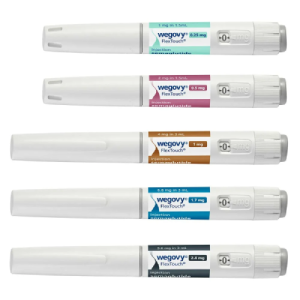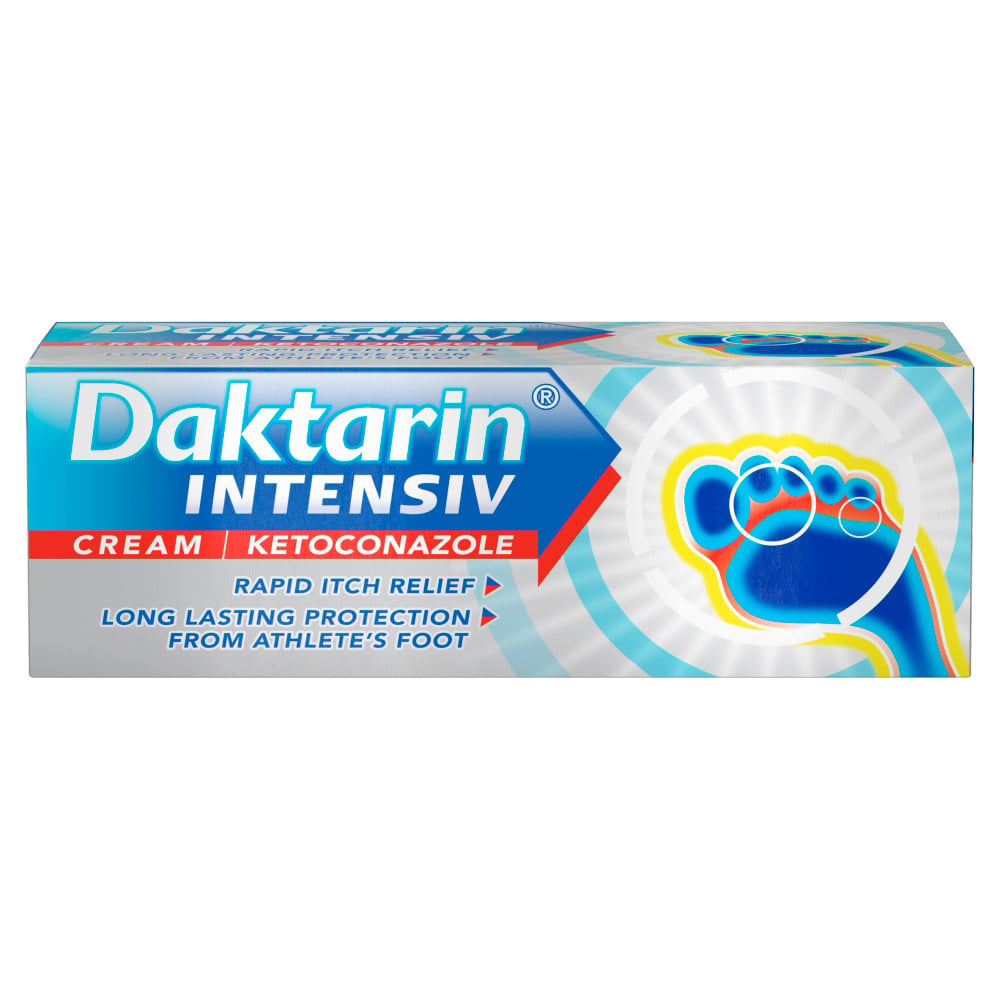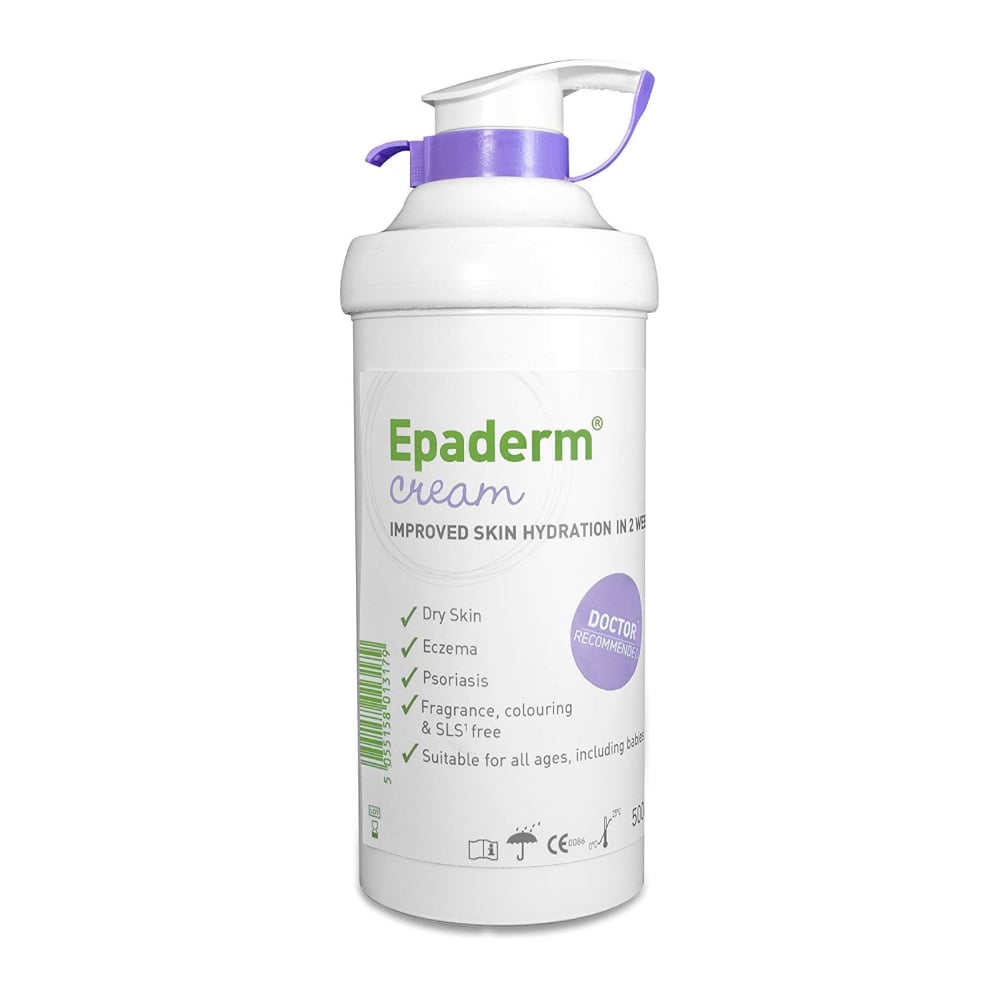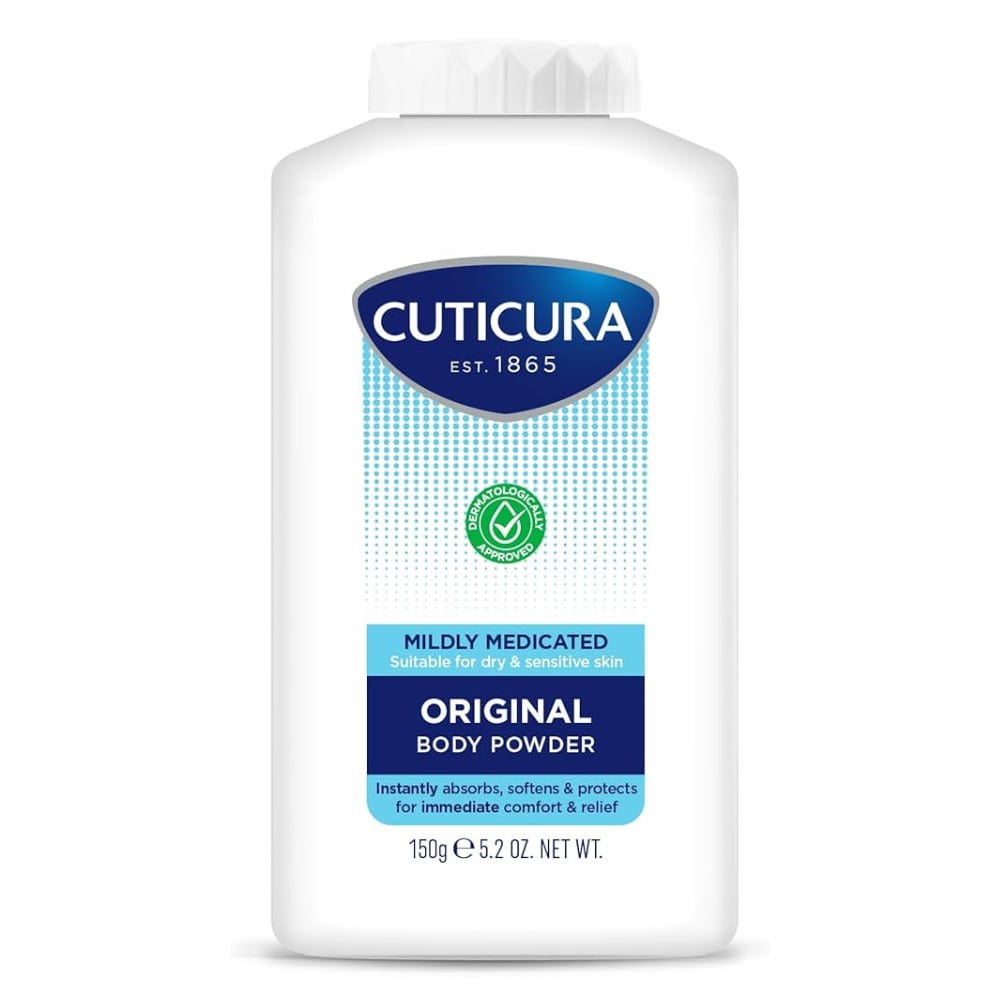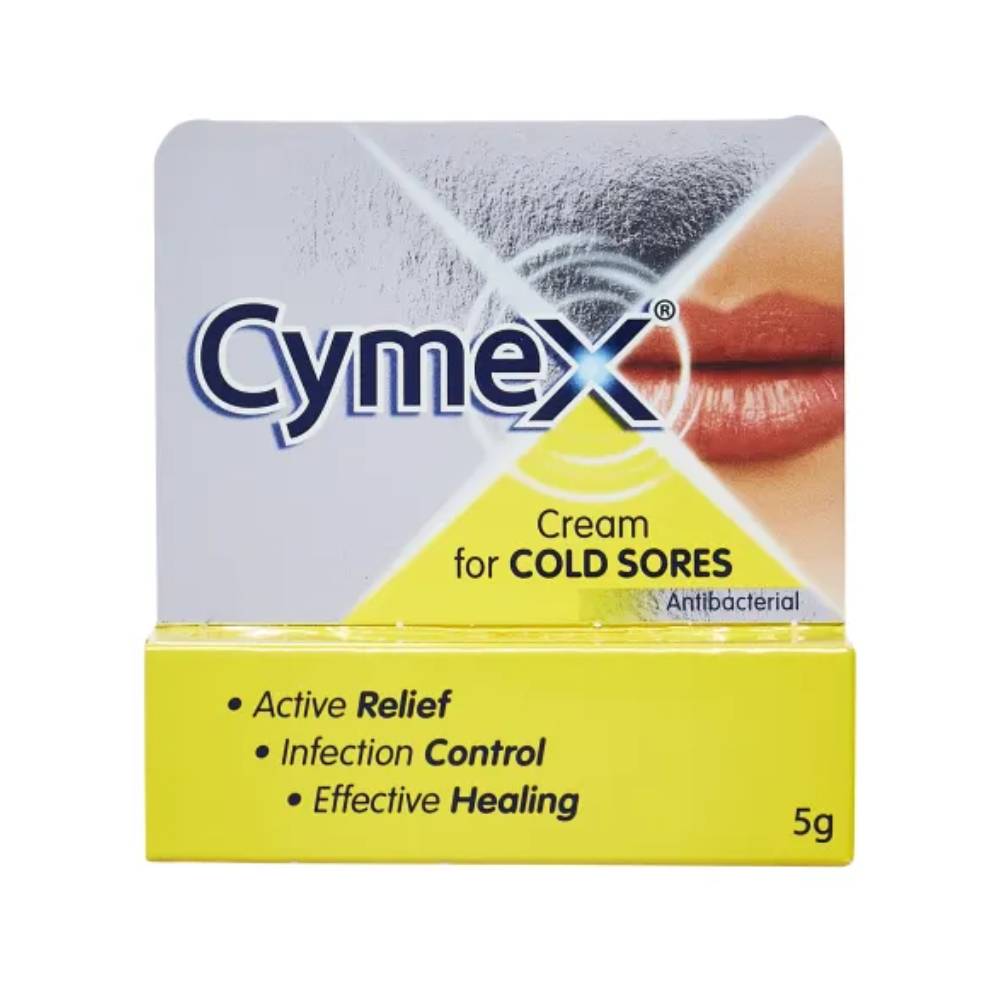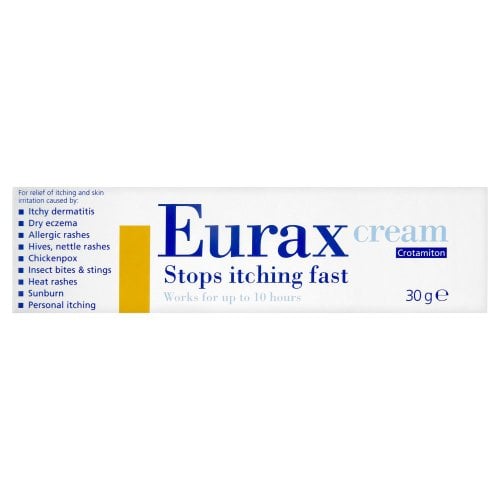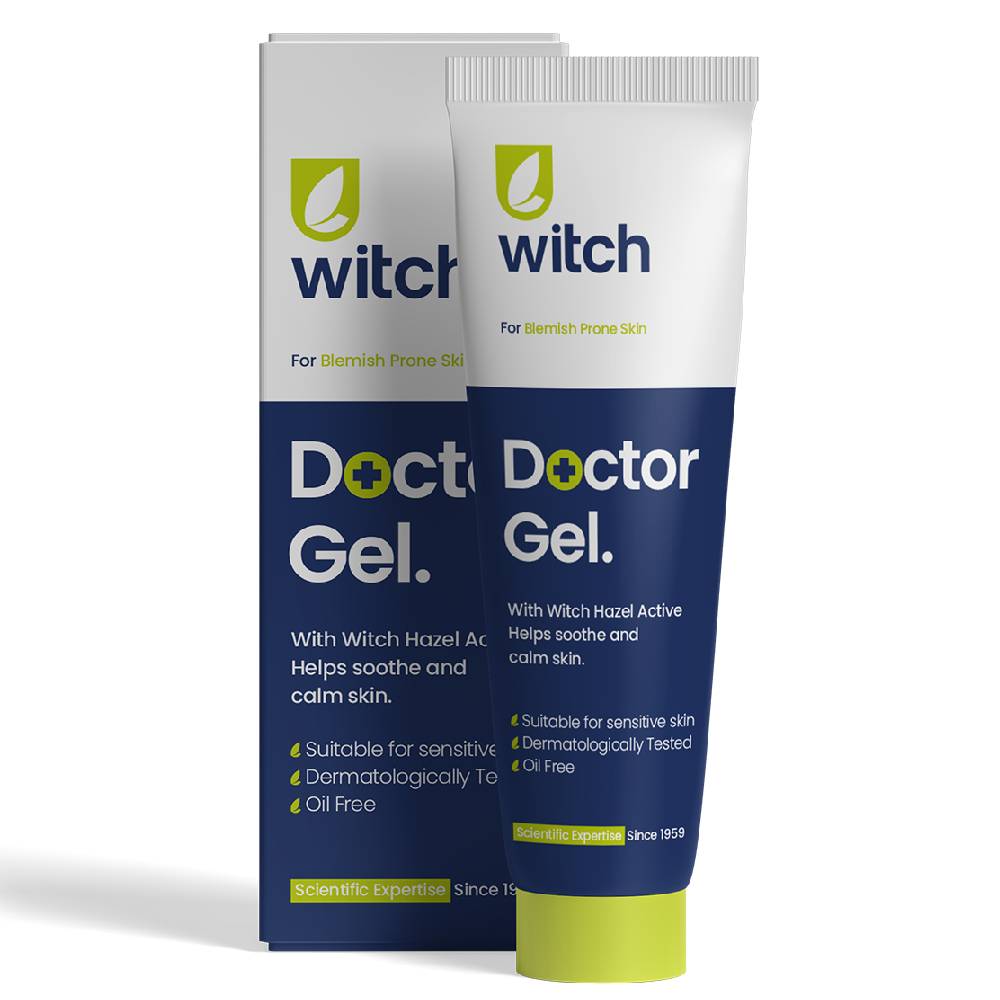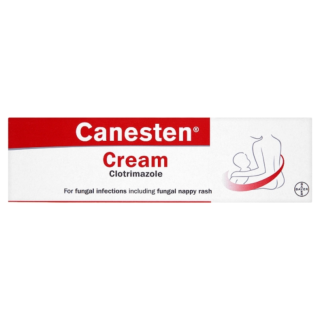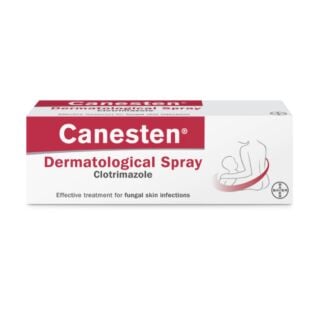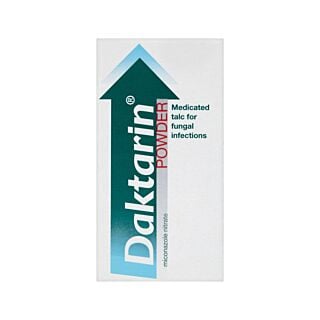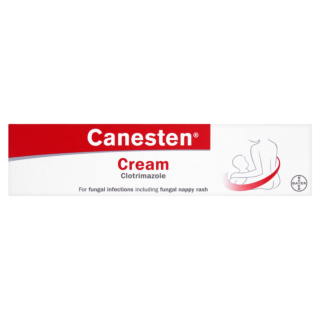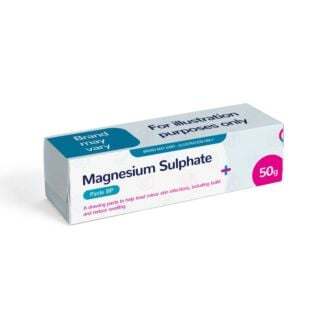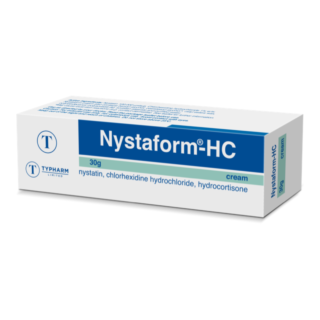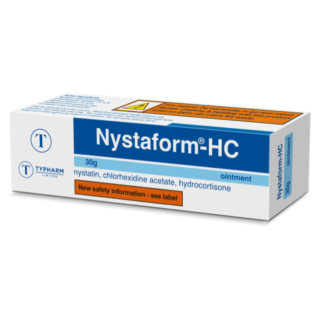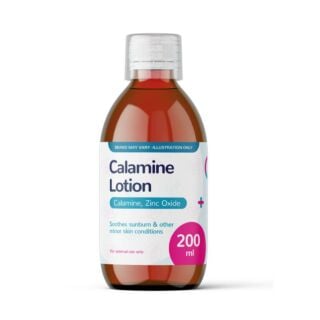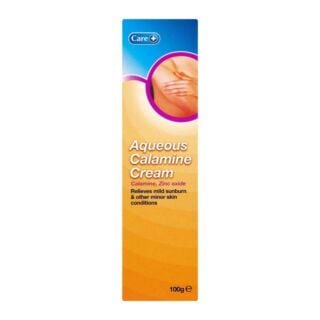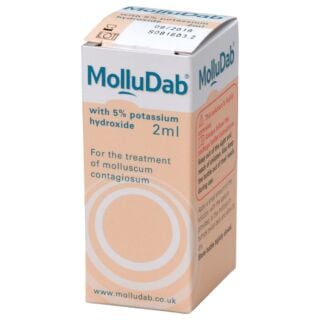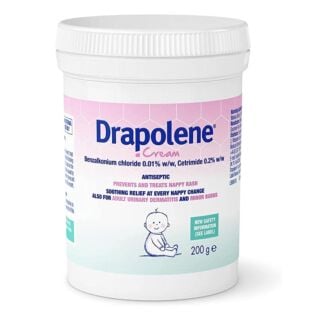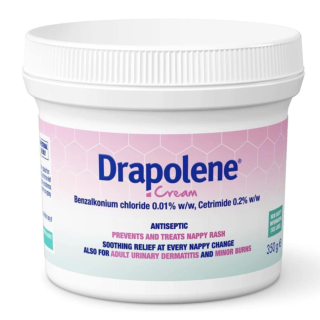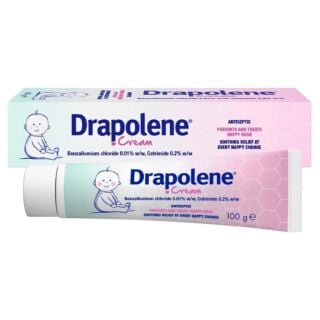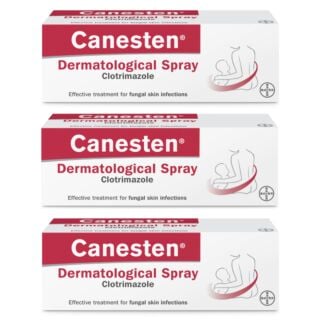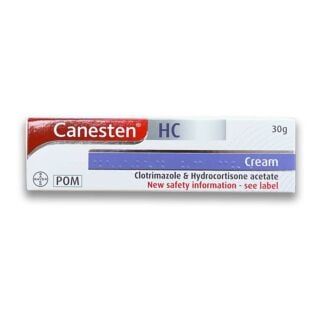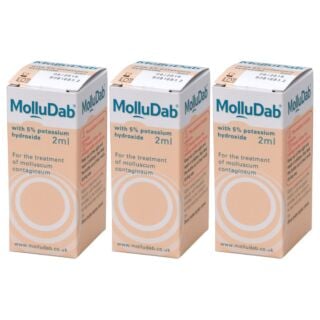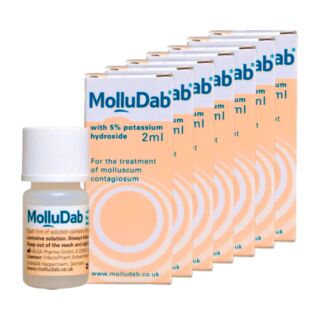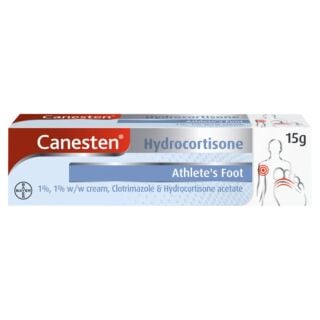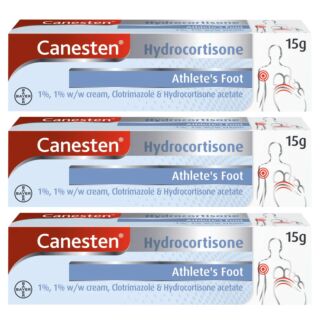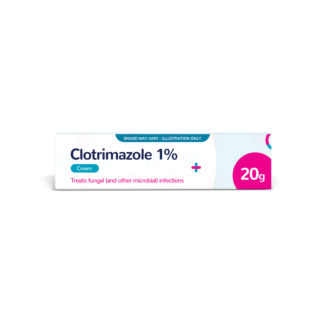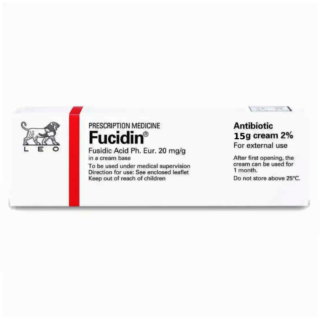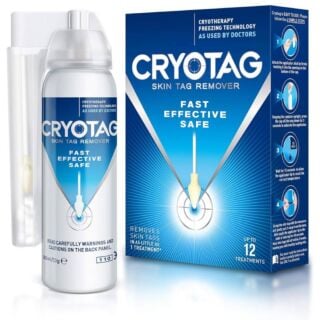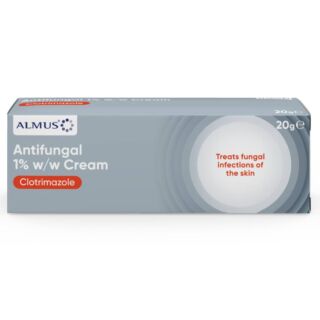Skin Infections
Skin infections are common and can happen to anyone, whether it presents as a mild irritation or something that needs a bit more care. Infections can flare up for a number of reasons and may appear as red, spotty or itchy. … Read More See less
While many skin infections clear up on their own, some people may need treatment to help ease symptoms and stop the condition from spreading. Whatever the cause, finding the right solution can help you feel more comfortable in your skin, as we explain in this guide.
How does your skin get infected
Your skin acts as a natural barrier, protecting your body from harmful bacteria, fungi and viruses. But when that barrier is broken - even slightly - it becomes easier for infections to take hold.
Cuts, scrapes, insect bites or even excessive moisture or friction can give germs a way in, leading to a range of skin infections. These infections can range from mild to more serious and may cause redness, swelling, itching, pain or pus.
Types of skin infections
There are different types of skin infections, depending on what causes them:
Bacterial skin infections
These are caused when bacteria enter the skin, perhaps through a cut, and they can range from mild to serious. Common examples include:
Impetigo – a highly contagious infection that causes red sores or blisters
Cellulitis – a serious infection that causes swelling, redness and pain
Boils – painful, pus-filled lumps under the skin
More serious bacterial infections may often need antibiotics.
Fungal skin infections
A fungal skin infection is usually caused by an overgrowth of fungi such as dermatophytes or candida.
These thrive in warm, damp areas and can lead to conditions such as athlete’s foot, ringworm or a candida skin infection. You might see a fungal infection skin rash which is often red, itchy and sometimes scaly.
Viral skin infections
Viruses can also cause skin infections - common examples include cold sores, caused by the herpes simplex virus, warts - caused by HPV, and chickenpox.
These infections often come and go on their own but may need treatment if symptoms persist or become uncomfortable.
Parasitic skin infections
Though less common, parasites like mites or lice can infect the skin. Scabies, for instance, is caused by mites burrowing into the skin which can cause intense itching and irritation.
What does a skin infection look like?
Skin infections can show up in different ways depending on what’s causing them - but there are some common signs to look out for.
You might notice:
- Redness
- Swelling
- Itching
- Discomfort in the affected area
- Warm skin to the touch
- Blisters or spots
- Fluid or pus
Here are some more typical symptoms to look out for, along with the type of skin infection they might relate to:
Bacterial infections often cause redness, tenderness and swelling. You might see blisters or oozing sores, especially in conditions like impetigo.
More serious cases like cellulitis or early-stage skin sepsis can lead to a painful area that spreads quickly and may feel hot or tight.
Seek medical help urgently if you have a fever or if you feel unwell.
Fungal skin infections usually cause red, itchy, dry and scaly rashes. These can appear in ring-shaped patterns as with ringworm, between the toes as with athlete’s foot or in folds of skin such as with candida infections.
If you’re looking for guidance then online skin fungal infection pictures can help you spot similarities - but they’re not a substitute for advice from a pharmacist or your GP.
Viral infections might look like clusters of blisters, particularly with cold sores or chickenpox. They might also appear as small growths on the skin like you get with warts.
These infections are often contagious and may come with a tingling, itchy or burning feeling.
Parasitic infections like scabies often cause intense itching and a rash made up of small red bumps or raised tracks under the skin. Look around the wrists, waistline or between fingers as this is where they’re commonly spotted.
If you're unsure whether a rash or sore is due to infection - or it’s getting worse – you should speak to your doctor as soon as possible.
How to treat a skin infection
The right treatment for a skin infection depends on what’s causing it.
In many cases, a mild infection can be managed and self-treated at home with over-the-counter creams or medicines.
Washing the affected area gently, keeping it clean and dry and using the right treatment consistently can also help clear up symptoms.
Some over-the-counter antifungal creams, antiseptic products and antiviral treatments are available from the pharmacy too and can be effective when used as directed.
Avoiding tight clothing, sharing towels or scratching the area can also help prevent the infection from spreading or getting worse.
Let’s break down targeted treatment options for each type of skin infection.
Fungal skin infections
Whether it’s athlete’s foot, ringworm or a candida skin infection - these are usually treated with antifungal products.
These come as creams, sprays or powders and may contain active ingredients like clotrimazole, miconazole, as found in Daktarin, or terbinafine, as found in Lamisil.
You often need to use them for at least a week or two and you may even need to continue treatment after symptoms start to improve. This helps to make sure the infection fully clears.
Bacterial infections
These may require antibiotics - especially if there’s swelling, redness or pus.
Mild impetigo, for example, is often treated with a topical antibiotic cream, while more serious infections like cellulitis might need a course of antibiotic tablets.
If left untreated, bacterial infections can spread and lead to serious complications, so don’t wait too long to seek help if symptoms worsen.
Viral infections
Cold sores can be managed with antiviral creams to ease symptoms and speed up healing, while warts may be treated with salicylic acid or freezing treatments - especially if they become uncomfortable or don’t go away on their own.
Parasitic infections
These usually require medicated lotions to kill off mites or lice on the skin. These treatments are applied directly to the skin or scalp and may need repeating after a few days.
If symptoms don’t improve, or if the infection spreads or becomes painful, you may need to see your GP for prescription treatment.
How to prevent a skin infection
Preventing a skin infection often comes down to good hygiene and protecting your skin from damage.
Keeping your skin clean and dry goes a long way in reducing your risk of skin infections.
Here are some simple ways to help prevent them happening in the first place:
- Wash regularly using mild soap and water - especially after exercise or sweating. Dry thoroughly, particularly between toes and skin folds where fungi can thrive.
- Avoid sharing towels, razors or clothing as infections can spread through direct contact with shared items.
- Treat cuts, grazes and bites promptly and keep them clean. Cover with a plaster if needed to stop bacteria getting in.
- Wear breathable fabrics and avoid tight clothing if you're prone to fungal infections, especially in warm conditions.
- Use flip-flops in communal showers or pool areas, where fungi can easily spread from wet floors to bare feet.
- Don’t scratch irritated skin as this can break the surface and invite infection - use creams to soothe itching instead.
If you’ve had a skin infection before, taking these steps can help stop it from coming back.
When to speak to a pharmacist or GP
If a skin infection isn’t getting better, if it’s spreading or it’s becoming painful then it might be time to get advice.
Your pharmacist can help with mild infections and help you find the right treatment. For anything more serious - or if you’re unsure what’s causing the problem - your GP can check for underlying issues and prescribe medicine as needed.
You should speak to your GP immediately if you notice symptoms like a fever, swollen glands or a rapidly worsening rash.
Sources
- https://www.skincarenetwork.co.uk/skin-cancer-news/the-skin-microbiome-your-skins-invisible-defence-system
- https://medlineplus.gov/skininfections.html
- https://royalwolverhampton.nhs.uk/wp-content/uploads/2025/06/Moisture-associated-skin-damage-and-incontinence-associated-dermatitis.pdf
- https://www.healthline.com/health/skin-infection
- https://www.nhs.uk/conditions/impetigo/
- https://www.nhs.uk/conditions/cellulitis/
- https://www.nhs.uk/conditions/boils/
- https://my.clevelandclinic.org/health/diseases/24401-fungal-infections-mycosis
- https://www.nhsinform.scot/illnesses-and-conditions/infections-and-poisoning/ringworm-and-other-fungal-infections
- https://dermnetnz.org/topics/viral-skin-infections
- https://www.nhs.uk/conditions/scabies/
- https://www.health.ny.gov/diseases/communicable/athletic_skin_infections/bacterial
- https://www.bupa.co.uk/health-information/healthy-skin/fungal-skin-infections
- https://www.nhs.uk/medicines/antifungal-medicines/
- https://www.healthdirect.gov.au/antifungal-medicines
- https://www.pharmacyonline.co.uk/online-doctor/impetigo/
- https://cks.nice.org.uk/topics/cellulitis-acute/management/management/
- https://www.nhs.uk/medicines/aciclovir/about-aciclovir/
- https://www.medicalnewstoday.com/articles/324732
- https://www.dhs.wisconsin.gov/skin-infection/prevention-disinfection.htm

Free delivery when you spend over £39

100% discreet delivery for every item ordered

Fully regulated UK pharmacy

